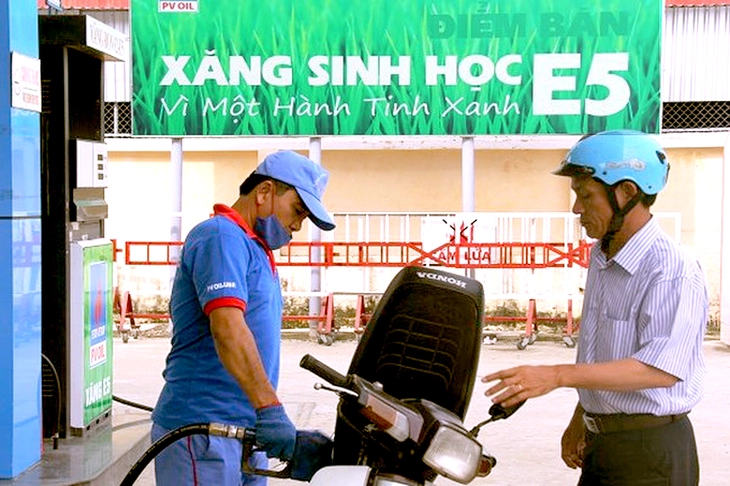
E5 bioethanol fuel is now available on the market - Photo: N.TR.
According to the Vietnam National Petroleum Group ( Petrolimex ), a pilot program for selling E10 bioethanol fuel is expected to begin in Ho Chi Minh City (before the merger) on August 1st. To implement this plan, the group has intensified coordination with domestic and international ethanol producers to ensure supply.
The two major players deployed their services in Hanoi , Hai Phong, and Ho Chi Minh City (formerly).
Reportedly, Petrolimex will blend E10 gasoline at the Nha Be fuel depot, which has ethanol storage tanks to be used for blending, in order to bring this product to the market in Ho Chi Minh City (formerly). Petrolimex is also researching new energy solutions such as hydrogen and several types of renewable fuels, in line with the energy transition trend and the requirement to reduce emissions.
Mr. Tran Ngoc Nam, a member of the Board of Directors and Deputy General Director of Petrolimex, said that the business of E10 gasoline requires serious preparation in terms of infrastructure, technology, specialized storage tanks for fuel ethanol, and close coordination from refineries.
To market biofuels and contribute to the energy transition, Petrolimex is upgrading its retail infrastructure and expanding its fuel ethanol blending network.
Therefore, Petrolimex proposes that the Ministry of Industry and Trade promptly issue directives on the implementation schedule, so that key distributors can proactively invest in and transform their technical systems. At the same time, it recommends adjusting some technical standards of the Vietnamese National Standard (TCVN) to align with international market gasoline sources and meet regional technical standard requirements.
Meanwhile, the Vietnam National Energy and Industry Corporation (Petrovietnam) announced that its subsidiary, Vietnam Oil Corporation (PVOIL), will pilot the sale of E10 RON95 bioethanol gasoline at gas stations in Hanoi and Hai Phong.
Simultaneously, PVOIL is also developing plans and preparing investments to upgrade infrastructure systems serving the blending and trading of bioethanol fuel, in preparation for the widespread conversion and trading of E10 gasoline from January 1, 2026; and is ready to process and blend for other distributors.
The announcement of the E10 gasoline business plan is part of the transition roadmap set out by the Ministry of Industry and Trade for nationwide implementation, expected in early 2026. Accordingly, the ministry has submitted a report to the Government on this matter, proposing a roadmap for applying the biofuel blending ratio as an alternative to the old roadmap outlined in Prime Minister's Decision 53.
The Ministry of Industry and Trade will soon issue a replacement roadmap.
According to sources from Tuoi Tre Online , biofuels are expected to completely replace conventional gasoline, with the replacement roadmap outlined in Decision 53 to be approved by the Ministry of Industry and Trade in the near future, under the delegated authority transferred from the Prime Minister to this ministry.
According to the Ministry of Industry and Trade's assessment, major fuel distributors hold a large market share and have the capacity to upgrade their existing systems to distribute E10 gasoline. This upgrade does not require significant costs or a long time, so the implementation date of January 1, 2026, is considered entirely feasible.
Speaking to Tuoi Tre Online , Mr. Do Van Tuan, chairman of the Vietnam Biofuel Association, said that Vietnam has 6 bioethanol production plants, including the Dong Nai Bioethanol Plant, the Quang Nam Bioethanol Plant, the Dung Quat Biofuel Plant in Quang Ngai, the Binh Phuoc Biofuel Plant, the Dai Viet Ethanol Plant, and the Dak To Ethanol Plant… with a total expected output of approximately 400,000 m³ of ethanol per year, accounting for 40% of Vietnam's total production.
Besides the two biofuel plants in Dung Quat (Quang Ngai) and Binh Phuoc, invested in by the Vietnam National Energy and Industry Corporation (Petrovietnam) and not yet in production, privately owned biofuel plants are still operating normally, supplying both domestic needs and exporting to markets such as the Philippines, Thailand, South Korea, and Taiwan.
Domestically, these factories supply alcohol for medical, food, and industrial purposes, and more recently, electronics assembly companies have also been purchasing alcohol to clean circuit boards before assembly.
Currently, the new plants are operating at about 50% capacity, so there is ample room to produce ethanol for blending into biofuels. Another noteworthy point is that previously, ethanol plants in Vietnam were designed using 100% cassava-based technology; now they have switched to using cassava and corn as raw materials. The ethanol shortage of about 60% is expected to be imported from countries such as the US and Brazil.
E10 gasoline is a finished product blended from fossil fuel-derived mineral gasoline and biofuel, in which fuel ethanol is blended in a specific ratio. Specifically, according to the regulations in QCVN 01:2022/BKHCN on gasoline, diesel fuel, and biofuel, E10 gasoline is bio-gasoline with a fuel ethanol content of 9-10% by volume.
Currently, more than 60 countries widely use E10 gasoline; many countries and territories such as the US and Europe have enacted laws mandating the use of blended fuels made from pure biofuels.
The ethanol content in biofuels is trending upwards. Since 2018, countries in the region such as China and the Philippines have 100% switched to selling only one type of fuel: E10 biofuel. Mineral gasoline is banned from sale at retail gas stations and is only permitted as a component in blending E10 biofuel.
Source: https://tuoitre.vn/xang-e10-thay-xang-khoang-ong-lon-chiem-50-thi-phan-thi-diem-tai-tp-hcm-tu-1-8-20250725184327597.htm


![[Photo] Prime Minister Pham Minh Chinh attends the Conference on the Implementation of Tasks for 2026 of the Industry and Trade Sector](/_next/image?url=https%3A%2F%2Fvphoto.vietnam.vn%2Fthumb%2F1200x675%2Fvietnam%2Fresource%2FIMAGE%2F2025%2F12%2F19%2F1766159500458_ndo_br_shared31-jpg.webp&w=3840&q=75)







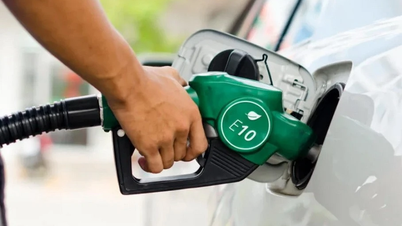

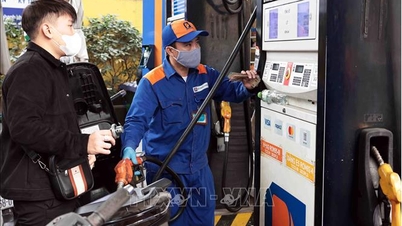

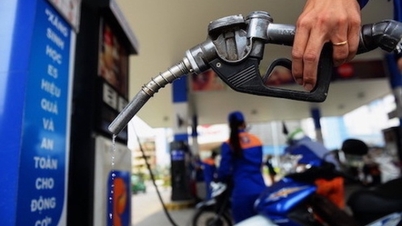

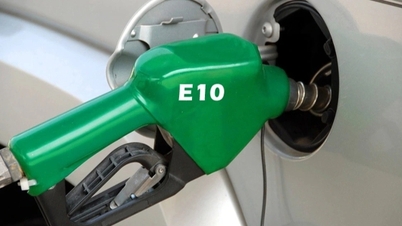

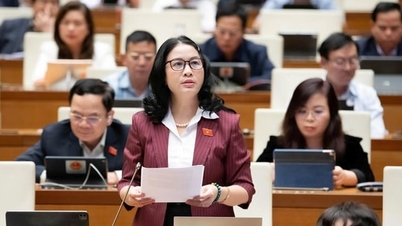





























































































Comment (0)